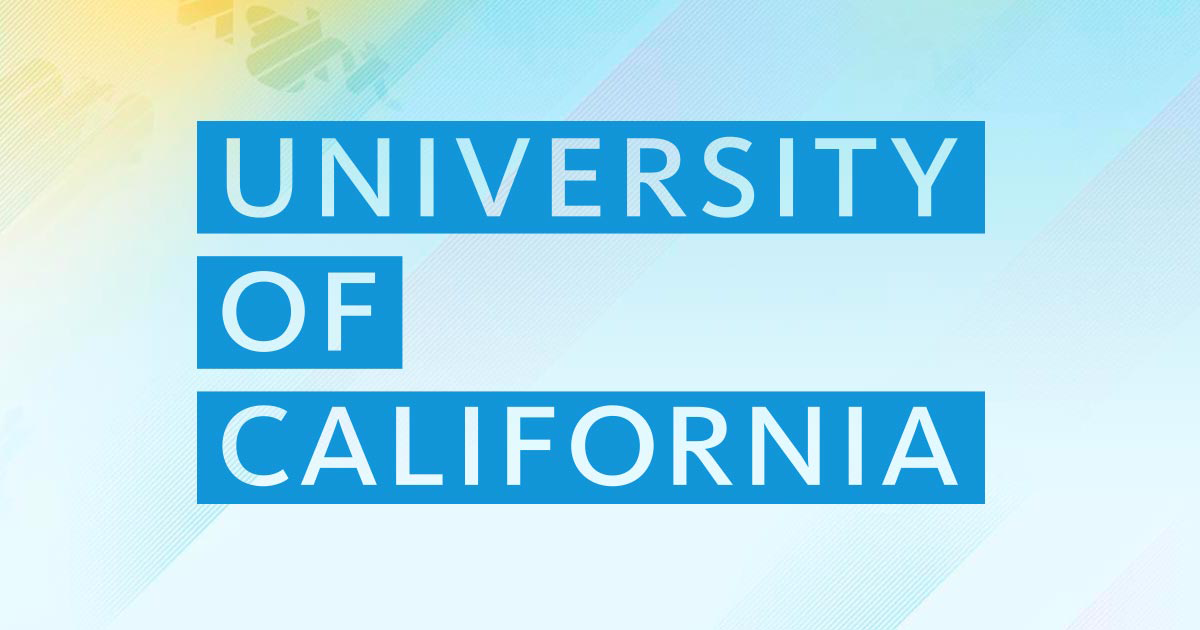Regents Policy on University of California Diversity Statement
Adopted September 20, 2007
Amended September 16, 2010
RECOMMENDED TO THE UNIVERSITY OF CALIFORNIA BY THE ACADEMIC SENATE OF THE UNIVERSITY OF CALIFORNIA
Adopted by the Assembly of the Academic Senate May 10, 2006 Endorsed by the President of the University of California June 30, 2006
Adopted as Amended by the Assembly of the Academic Senate April 22, 2009
Endorsed as Amended by the President of the University of California August 17, 2010
 The diversity of the people of California has been the source of innovative ideas and creative accomplishments throughout the state’s history into the present. Diversity – a defining feature of California’s past, present, and future – refers to the variety of personal experiences, values, and worldviews that arise from differences of culture and circumstance. Such differences include race, ethnicity, gender, age, religion, language, abilities/disabilities, sexual orientation, gender identity, socioeconomic status, and geographic region, and more.
The diversity of the people of California has been the source of innovative ideas and creative accomplishments throughout the state’s history into the present. Diversity – a defining feature of California’s past, present, and future – refers to the variety of personal experiences, values, and worldviews that arise from differences of culture and circumstance. Such differences include race, ethnicity, gender, age, religion, language, abilities/disabilities, sexual orientation, gender identity, socioeconomic status, and geographic region, and more.
Because the core mission of the University of California is to serve the interests of the State of California, it must seek to achieve diversity among its student bodies and among its employees. The State of California has a compelling interest in making sure that people from all backgrounds perceive that access to the University is possible for talented students, staff, and faculty from all groups. The knowledge that the University of California is open to qualified students from all groups, and thus serves all parts of the community equitably, helps sustain the social fabric of the State.
Diversity should also be integral to the University’s achievement of excellence. Diversity can enhance the ability of the University to accomplish its academic mission. Diversity aims to broaden and deepen both the educational experience and the scholarly environment, as students and faculty learn to interact effectively with each other, preparing them to participate in an increasingly complex and pluralistic society. Ideas, and practices based on those ideas, can be made richer by the process of being born and nurtured in a diverse community. The pluralistic university can model a process of proposing and testing ideas through respectful, civil communication. Educational excellence that truly incorporates diversity thus can promote mutual respect and make possible the full, effective use of the talents and abilities of all to foster innovation and train future leadership.
Therefore, the University of California renews its commitment to the full realization of its historic promise to recognize and nurture merit, talent, and achievement by supporting diversity and equal opportunity in its education, services, and administration, as well as research and creative activity. The University particularly acknowledges the acute need to remove barriers to the recruitment, retention, and advancement of talented students, faculty, and staff from historically excluded populations who are currently underrepresented.
